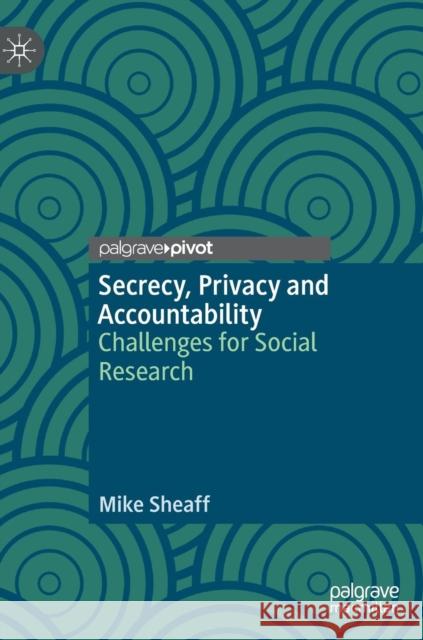Secrecy, Privacy and Accountability: Challenges for Social Research » książka
topmenu
Secrecy, Privacy and Accountability: Challenges for Social Research
ISBN-13: 9783030116859 / Angielski / Twarda / 2019 / 151 str.
Kategorie:
Kategorie BISAC:
Wydawca:
Palgrave Pivot
Język:
Angielski
ISBN-13:
9783030116859
Rok wydania:
2019
Wydanie:
2019
Ilość stron:
151
Oprawa:
Twarda
Wolumenów:
01
Dodatkowe informacje:
Wydanie ilustrowane











